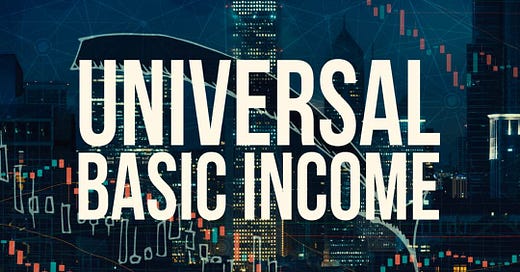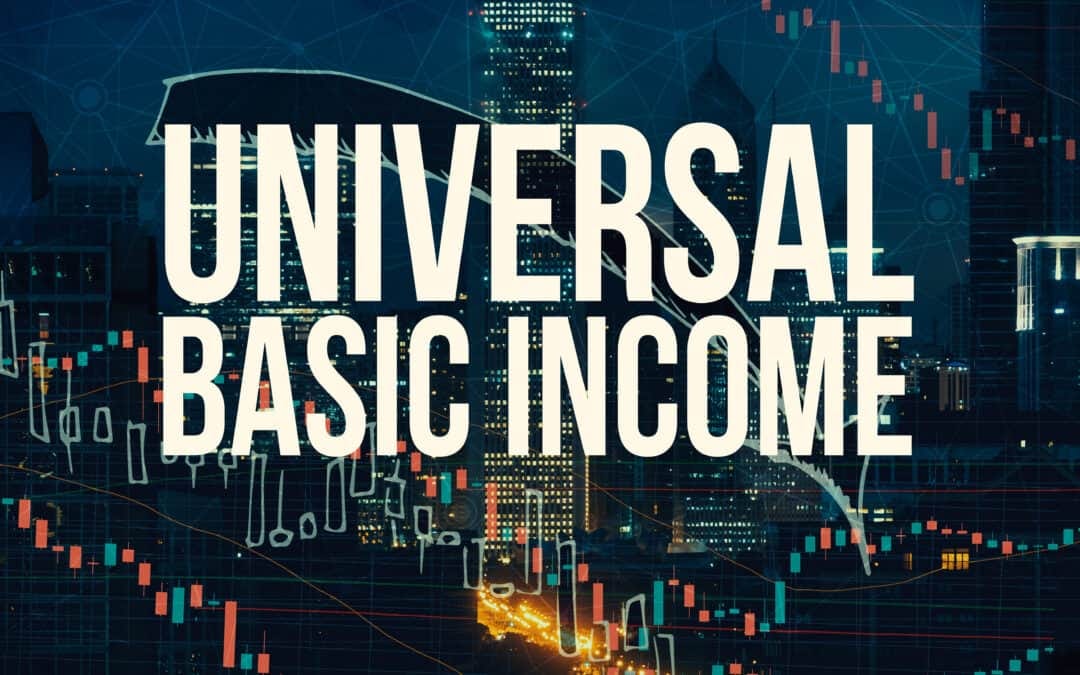Why Universal Basic Income (UBI) is a bad idea
It just might be a path to a dystopian society.
Make someone’s day: Gift a subscription to your friends and family!
Keep reading with a 7-day free trial
Subscribe to From Poverty to Progress to keep reading this post and get 7 days of free access to the full post archives.




